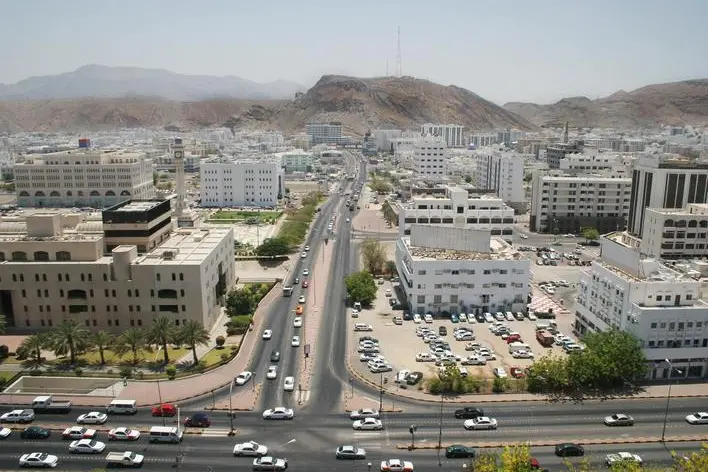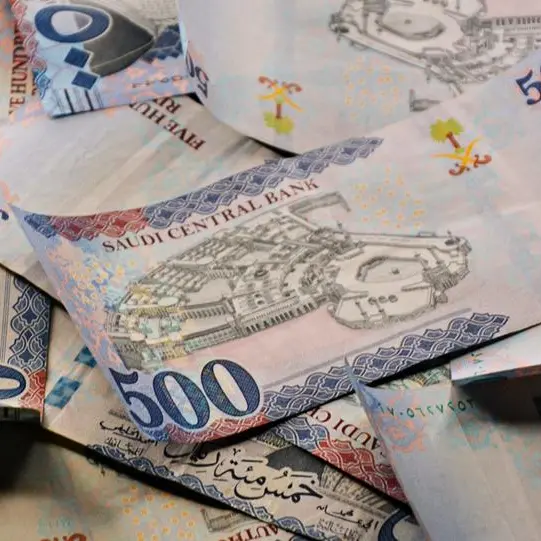PHOTO
Oman will post its first yearly fiscal surplus in a decade in 2022 amounting to 6.5% of the gross domestic product (GDP), said Fitch Solutions.
Earlier this week, Oman’s Ministry of Finance released data showing that the Sultanate posted a surplus of OMR784 million in in the first half of 2022, following a deficit of OMR1108 million a year earlier.
"Revenue figures were in line with our expectations, and we think that revenue will rise further in [the second half of the year] as a result of high energy prices. We expect that expenditure growth will remain moderate due to authorities’ commitment to fiscal consolidation. Government debt data also came in line with our view as we expect it to further decrease to OMR17.5 billion towards the end of the year, bringing Oman’s debt to GDP ratio to 47.5% in 2022, down from 67.3% in 2021," said Fitch.
The improvement was driven by a 54.2% year-on-year (YoY) increase in government revenues, mainly supported by a 40.1% YoY increase in oil revenues and a 137.8% increase in gas revenues.
Data also showed a decrease in the public debt from OMR20.8 billion at the end of 2021 to OMR18.6 billion at the end of July 2022, in line with government efforts to reduce debt servicing cost.
Fitch said it expects Oman’s hydrocarbon revenues will continue to grow in the second half of the year, further widening the country’s fiscal surplus.
Oman’s average oil price of $87.0 per barrel (/bbl) for the first half of 2022 is below the average Brent oil price of $105.85/bbl, as Oman’s budgeted oil price is lagged by approximately three months.
"An increase in Oman’s average oil price in the coming months will lead to more growth in its hydrocarbon revenues in [the second half], supporting overall revenue growth which we forecast at 41.3% in 2022."
Fitch expects that expenditure growth will moderate in the second half of the year, in line with authorities’ fiscal consolidation efforts. The data release by the government showed an increase of 8.6% in total expenditures, on the back of additional fuel and food subsidies due to soaring prices.
"We expect that spending growth will decelerate [during the period] as global commodity prices start decreasing, reducing pressure on total expenditures, which we forecast at 5.1% in 2022."
(Writing by Brinda Darasha; editing by Cleofe Maceda)





















